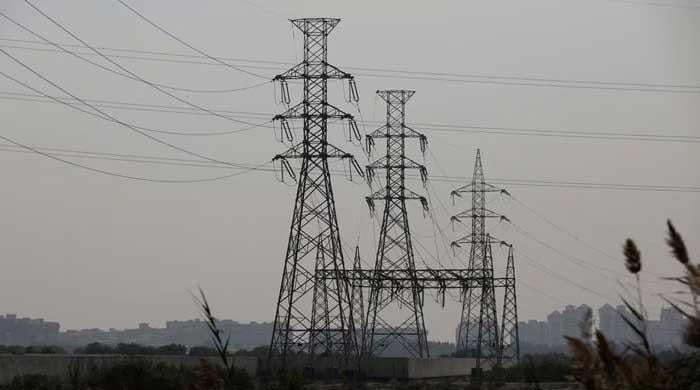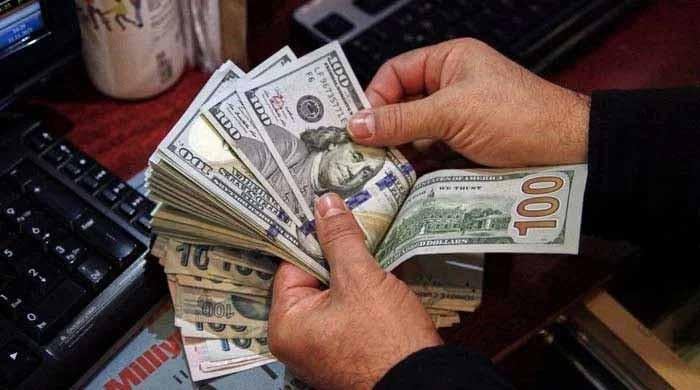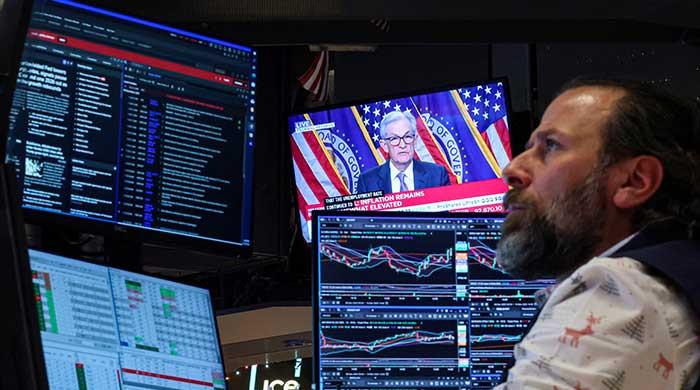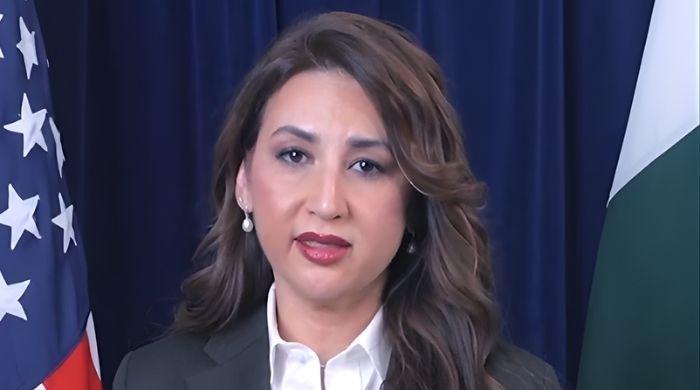Malaysian ringgit at lowest since Asia financial crisis
Malaysian ringgit fell to 4.4805 per dollar, its worst reading since 1998
December 19, 2016
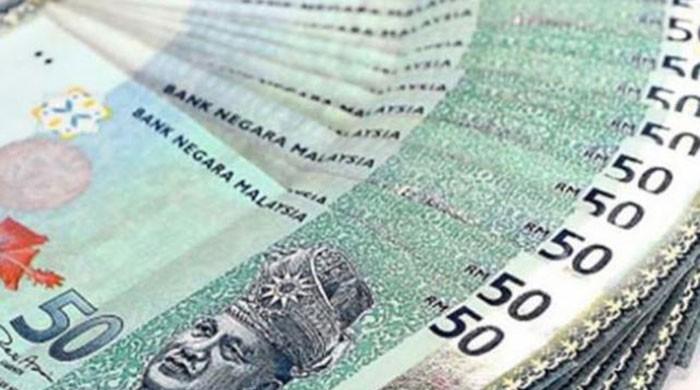
KUALA LUMPUR: Malaysia´s ringgit hit its lowest level against the dollar since the Asian financial crisis as emerging-market currencies are hammered by a flight of capital fuelled by an expected rise in US interest rates next year.
The greenback has soared since Donald Trump won the US election last month, with traders betting his plans for big infrastructure spending and tax cuts will fan inflation, forcing the Federal Reserve to tighten monetary policy.
But while his plans have bets that the US economy will take off, there are fears over his protectionist rhetoric. This in turn has put trade-reliant nations under pressure with their currencies feeling the strain.
In early trade Monday the Malaysian ringgit fell to 4.4805 per dollar, its worst reading since 1998 during the Asian meltdown.
The ringgit had already been among Asia´s worst-performing currencies over the past two years owing to a plunge in oil prices and political upheaval stemming from a corruption scandal linked to Prime Minister Najib Razak.
The latest fall comes after the Fed raised rates, as expected, but indicated three more next year, rather than the two that traders had priced in.
"It is a confluence of the relative decline in cash metric, high foreign holding of bonds sold off, investors´ trepidation about FX controls and the underlying political or headline risks," Vishnu Varathan, a senior economist at Mizuho Bank in Singapore, told Bloomberg News.
Malaysia´s central bank assistant governor Adnan Zaylani last month poured water on the possibility of capital controls -- similar to measures imposed during the financial crisis in the late 1990 -- to shield the ringgit, calling speculation "baseless".
The ringgit has weakened by around six percent since Trump´s victory, while most other emerging market units have also tumbled, with India´s rupee hitting a record low at the end of last month.
South Korea´s won, the Thai baht and Indonesian rupiah have also suffered sharp selling, while even the Australian and New Zealand dollars are also under pressure.
The country relies on energy exports and other trade to drive its economy but growth has been slowing steadily in recent years.
Economic growth came in at 4.3 percent in the third quarter, snapping a string of five straight quarters in which the pace of expansion slowed.





